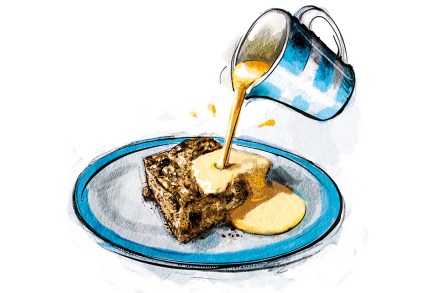Where’s the moral outrage at England’s cricket tour of Pakistan?
Everyone on the television agrees: seeing an England team give succour to a repressive regime by playing prestigious fixtures on its soil is deeply troubling – or ‘problematic’ to use the latest horrible buzz word. A society that represses gay people and women and whose ruling class routinely engages in corruption to further its own interests should not be ‘normalised’ via world-class international sport, runs the argument. But all these conditions apply in Pakistan just as they do in Qatar. Yet has anyone heard a squeak of broadcast media complaint about the England cricket team’s tour of that country? Far from agonising about whether to take a knee, wear a





















